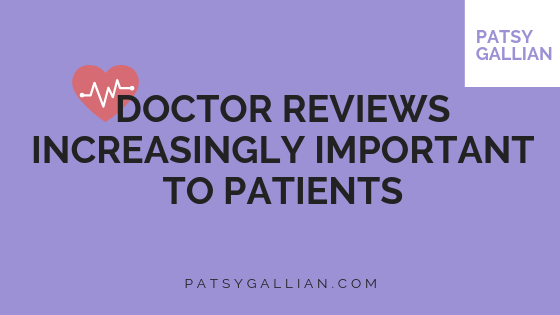When you know that you want to sit down to a good meal and are willing to pay a pretty penny for it, what is the first thing you do? Read reviews. When buying a car, booking a hotel, or planning a night out, the first thing many of us do is take out our phones and perform a quick search. We want to make sure we’re spending our money on something that is high-quality and will generate a good return on our investment.
Healthcare can be more expensive than all of these purchases combined. With that in mind, people are increasingly researching physicians, doctors, and medical facilities before ever dialing their number or stepping foot in their door. In fact, researching healthcare professionals is now shown to be the new normal.
A recent survey conducted by Patient Pop questioned 839 individuals about the role online reputation and patient reviews played in their healthcare decision-making process. The survey found that 74.6% of prospective patients researched a physician or practitioner online. Of those 839 participants, almost three quarters of them stated that a positive online reputation was “extremely important” to them.
Even more interesting, was the survey’s findings on how patients actually interacted with such review sites. For example, a large portion of participants said they regularly leave reviews, but 51.8% of them had never been contacted by a practice to talk about their concerns. But, if a patient was contacted and their concerns were adequately addressed their satisfaction with the practice or physician skyrocketed to 99%.
So what does this mean for healthcare professionals and companies? How you interact with and respond to patients and clients makes a world of difference in patient referrals, patient retention, and the amount of new clients walking through your doors. When it comes to healthcare, the whole of the experience matters and with the internet that experience continues even after they leave and go home.
People invest a lot of hard-earned money, emotion, and time into receiving good healthcare. As the survey above illustrates, the big-ticket earner when it comes to patient satisfaction is how they are treated. Customer service is more important than ever when interactions with clients and patients are handled in public view.
To stay ahead of negative reviews, ensure that someone at your practice is addressing and responding to critical feedback and disappointed clients. The numbers don’t lie. It will truly make all the difference.
